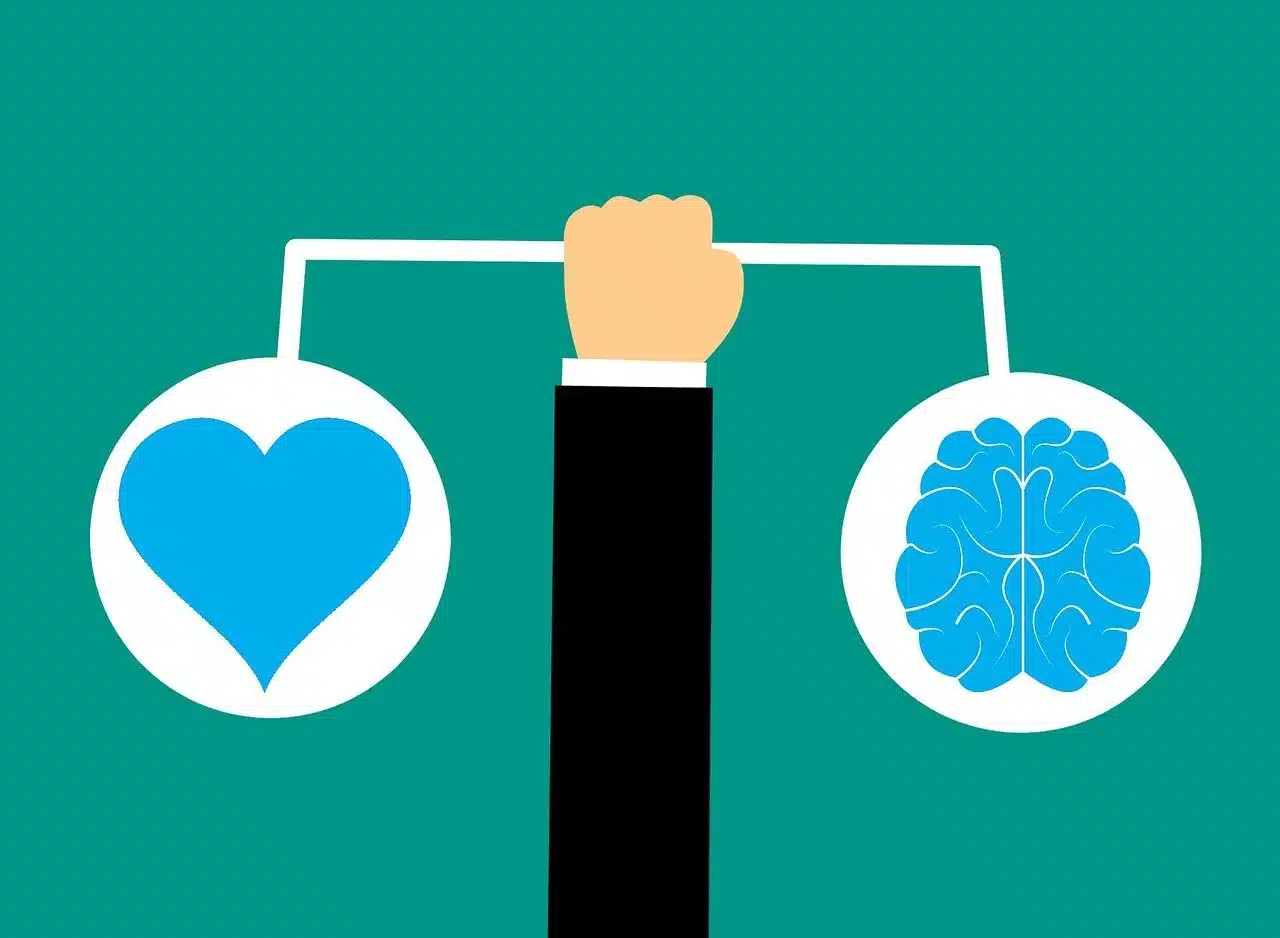
Soft skills are skills or competencies that promote social ties and good professional performance, for example.
Soft skills are all those aptitudes and skills that facilitate human relationships for someone and, therefore, contribute to their personal growth and good development at a social, family or work/professional level.
These are individual resources that should be developed, stimulated, enhanced and applied to promote decision-making , conflict resolution and interactions with different individuals in various areas, for example.
These skills are highly valued when assigning a job, especially if they are areas focused on customer care, service or orientation .
Examples of soft skills
Once it is clear what and what soft skills are, it is easy to identify examples of them.
If you want to exercise great leadership , to indicate a specific case, it is essential to demonstrate empathy . This translates into the ability to put yourself in the place of others and understand them by recognizing and respecting other people's emotions. Empathy is essential for emotional intelligence .
With the power of adaptability and inexhaustible creativity , optimal performance is achieved in teamwork and, in case of obstacles, it is possible to propose some creative solution to problems .
Acting with tact and sensitivity , facing life with optimism , knowing how to listen , demonstrating commitment , responsibility and enthusiasm at all times and places, as well as using the gift of patience and using curiosity to learn and evolve are other signs of acquisition. and taking advantage of numerous soft skills .
Development and application
To promote development and be able to apply soft skills in different areas, it is recommended to achieve a considerable level of self-knowledge and deepen it with the aim of taking advantage of strengths and improving weaknesses.
Always seeking constructive feedback and taking it into consideration, humbly accepting criticism or suggestions, understanding them as drivers of positive change, and training soft skills through self-reflection and a growth mindset are actions that help to progress in terms of soft skills .
In the current labor market, when determining promotions or recognizing leadership, the implementation of soft skills linked to expression, understanding and relationships with others is valued. Effective communication , assertiveness and interpersonal sensitivity are skills that give an advantage and make the difference between some employees and others.

A team needs members with the power to adapt, a willingness to cooperate and the ability to motivate others.
If you want to facilitate organization and planning processes, meanwhile, you must achieve optimal time management . Allies of this challenge are alerts and reminders (which can have sound effects like an alarm or simply be written messages with a "memory aid" function), calendars, notebooks or cell phone applications to make notes. and have habits or routines that respect an order of priorities .
Types of soft skills
It is important to note that soft skills fall into a wide variety of categories.
A general classification allows us to distinguish between communication skills ; self-management and self-knowledge skills ; skills associated with problem solving and critical thinking ; and interpersonal skills . Another style of typing gives visibility to groups such as emotional skills and cognitive skills .
All are necessary and useful to function within society, but some are used more than others according to the terrain in which they are deployed.
These sets include, in addition to the soft skills listed above, resilience (necessary to adapt to each situation and overcome difficulties), innovative thinking (useful for solving highly complex problems in a creative and novel way) and proactivity (necessary to demonstrate willingness and own initiative to assume an active role and anticipate events without waiting for them to happen).

Active listening, sensitivity and empathy are essential for a social bond based on communication, understanding and mutual respect.
Importance
Soft skills are important at all stages of life. Thanks to them, children, young people and adults manage to relate well to their environment, accumulate tools to face and resolve difficulties and can easily adapt to different groups or circumstances.
Therefore, it is advisable to stimulate and train soft skills from an early age. Children must be raised with good values and learn to bond based on respect and consideration for others. The adults in their inner circles must set an example by acting with empathy , teach them the value of collaboration and lead them along a path marked by honesty , ethics , integrity and tolerance .
Dedicating time to cultivating soft skills also constitutes a short, medium or long-term investment, depending on each case, since the advancement of technology and modernization transforms activities, techniques and equipment. In order to be prepared, be competitive and adapt in the best possible way to the job market that is envisioned, it is necessary to enhance the creative spirit , continually train , achieve a good command of the language and transmit confidence and self -assurance , for example.
